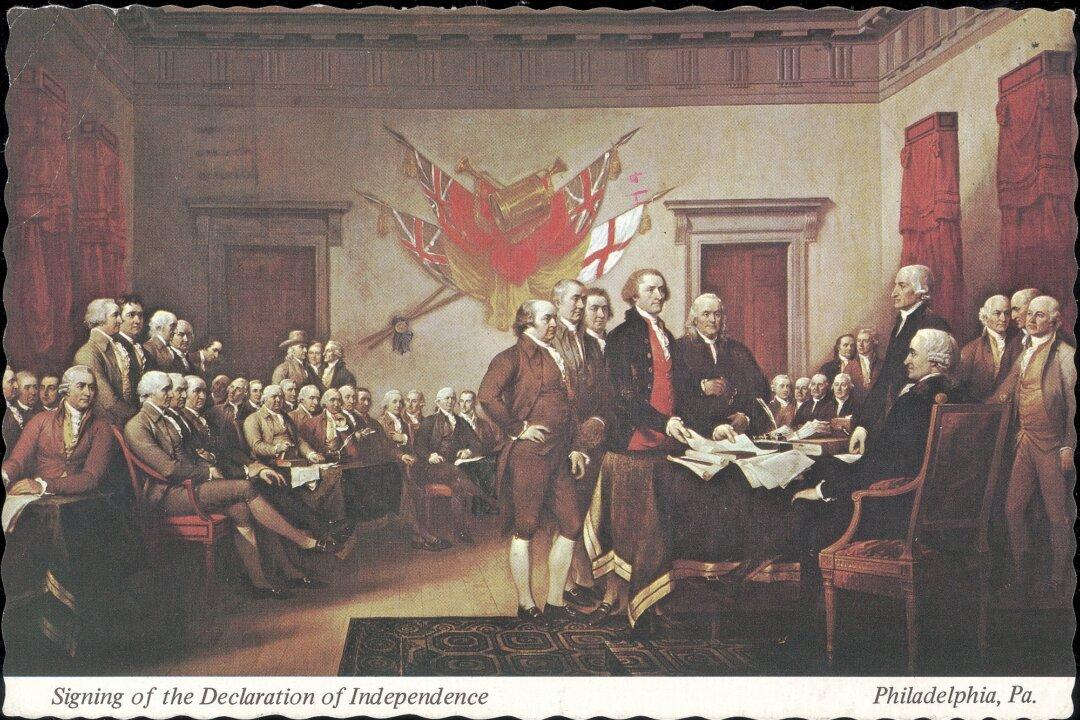Commentary
The word semiquincentennial is not likely to catch on—it’s too hard to say—but it means the 250th anniversary. For the United States, that happens next year, because we count our birthday from one of the most remarkable documents issued in the history of man: the Declaration of Independence.





